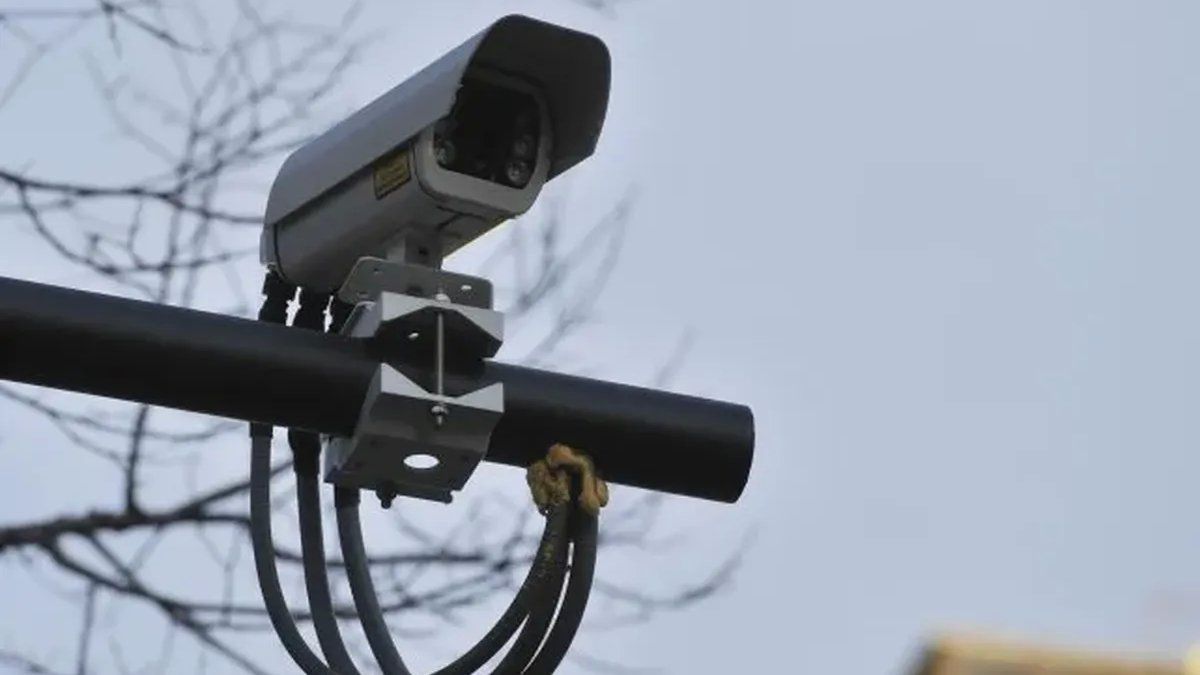According to the legislator, the current system does not aim at prevention but rather at collection and described it as a “job” for municipalities, universities and private companies.
The national representative for the PRO, Patricia Vasquezpresented in the National Congress a project of law that proposes eliminating the photomults. He announced it through a video on his social networks, where he gave details of it.
The content you want to access is exclusive to subscribers.
“Bye, photo fines! They should be the exception not the rule. The important thing is road safety, not collecting. I presented the project to declare the emergency in Road Safety of public order throughout the country and end the work of each municipality with universities and the Chamber of Road Software Entrepreneurs. Fines should expire after two years when they are minor and a control of the destination of the funds must be carried out. That the money goes to improve streets and urban access, education and infrastructure. More responsibility, more freedom, less work. “The people win!” he said in a message on the X network.


For the legislator, the system does not contribute to road safety and was designed for collection purposes, benefiting municipalities, universities and private companies.
Vásquez proposes that electronic infringement systems be prohibited and that fines be issued again by control personnel: “More inspectors on the streets and fewer hidden cameras out there.”
The main points of the project are the following:
- Declare the road safety emergencyallocating resources to generate a plan that reduces road accidents, strengthening and reinforcing in-person controls.”
- Implement within a maximum of one year the scoring system throughout the country, which has been waiting for more than 16 years.
- That the traffic law be of public order to end the dispersion of provincial and municipal regulations, maintaining the unity and legal security for the citizen that this law imposes.
- Go from a collection scheme to a true road prevention policy: photo fines are no longer the only element for verifying offenses and become only auxiliary and supportive of the control which, as article 70 already indicates, must be in person with the aim of stopping the offender from his conduct.
- Coherence in the prescription of fines. What is established today in the traffic law goes beyond the time that the Penal Code provides for prescription. For this reason, the modification returns to the original wording of article 89, maintaining one year for minor offenses and two years for serious offenses.
- Cut the work of universities and intermediary companies that take 50% – and in some cases even more – of the collection for infractions. It is proposed to create a fund with 100% of the amounts collected to be used for road infrastructure works, road education and assistance in road accidents.
Source: Ambito




